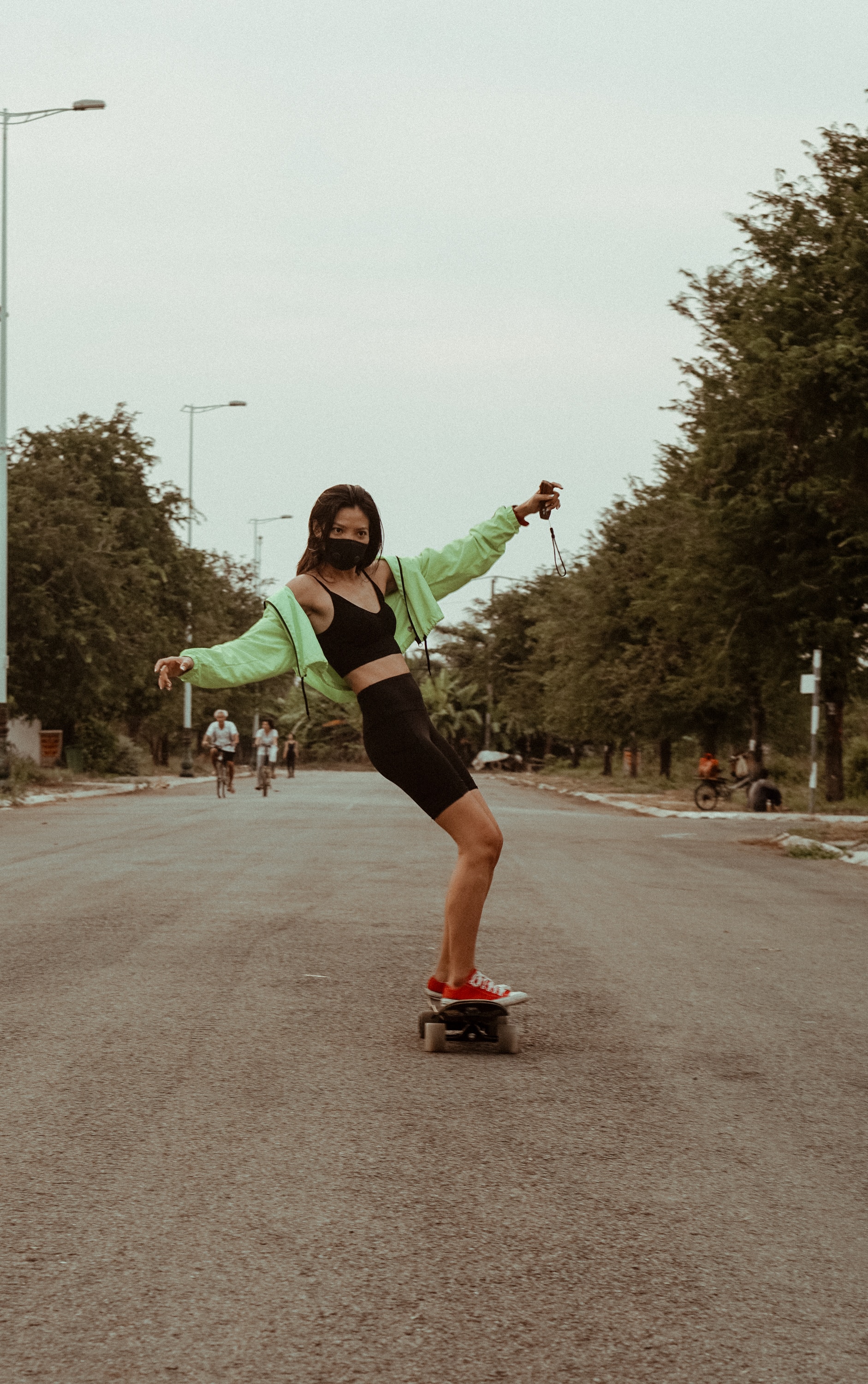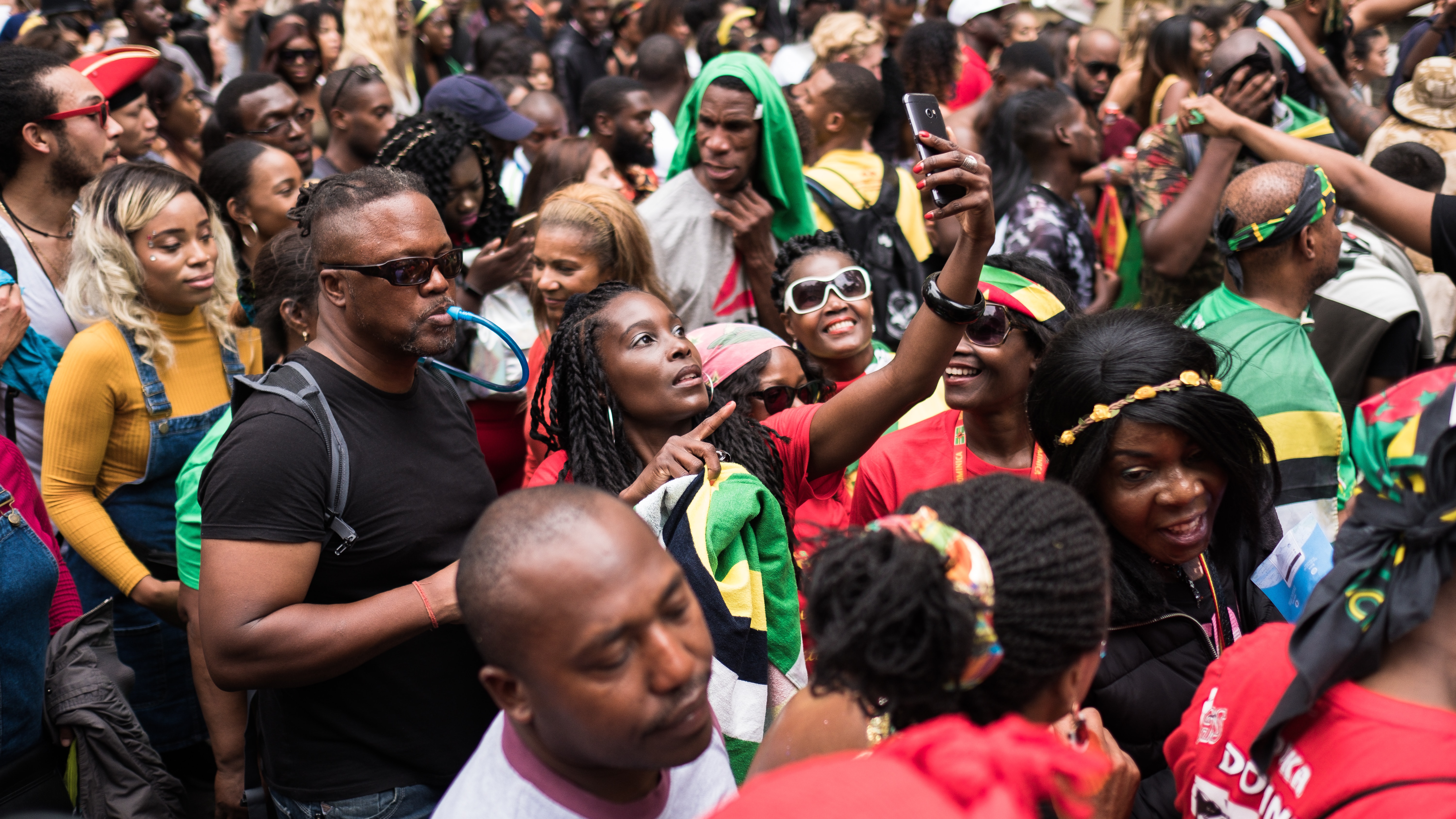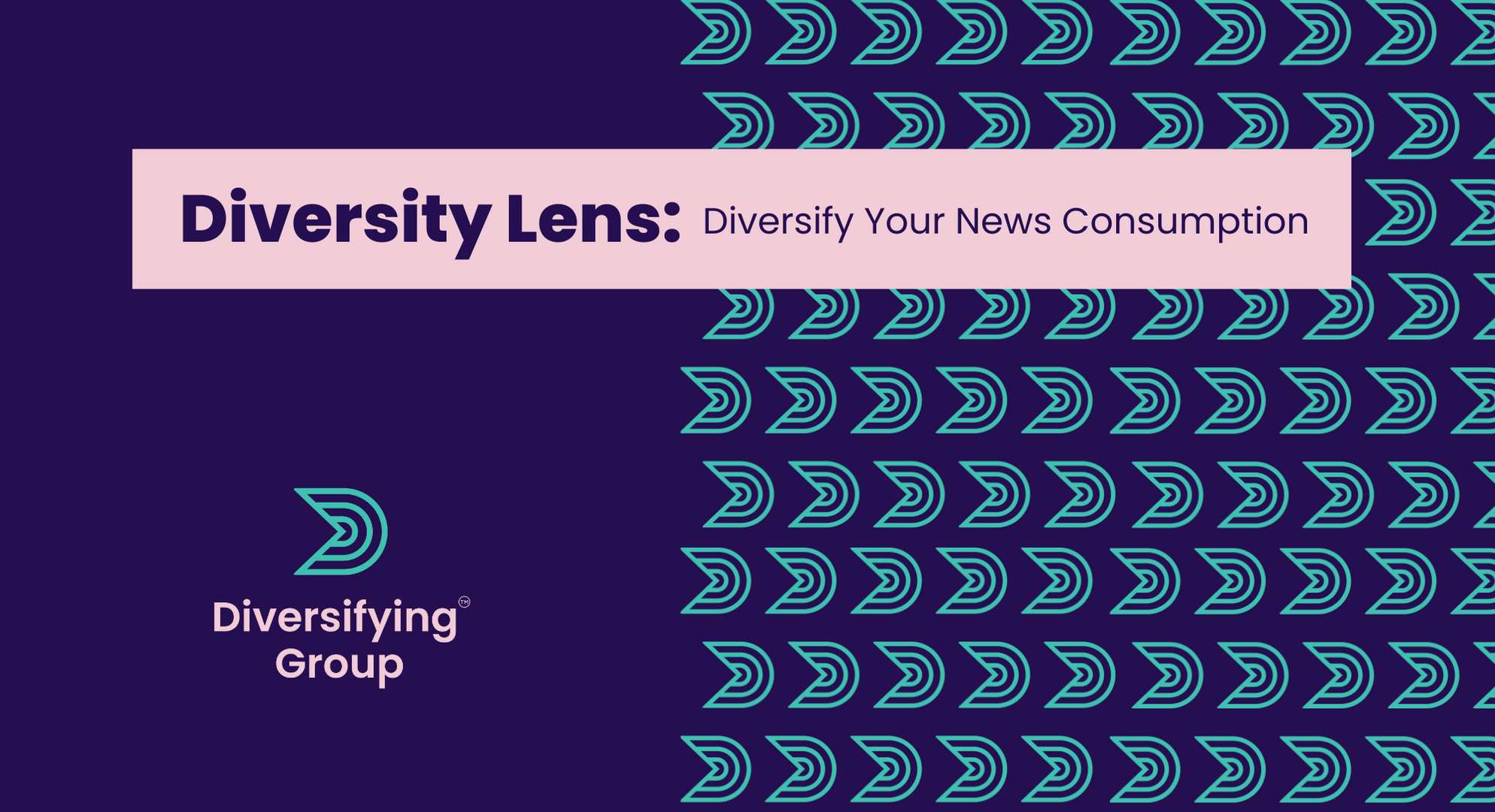Welcome to Diversity Lens.
Diversifying your news consumption.
|
|

It's been a turbulent week in the news. A lot to feel powerless over. This is your daily reminder to stay engaged, but take a break from the news when you need to and don't forget to protect your own wellbeing.
Here are some proactive things you can do to help Afghan refugees right now.
Here we look at the most important stories this week; the tragic, the infuriating, but also the activists making a difference in the world. |
|
| "I cry for everybody, for all Afghan women, for all girls that they won’t be allowed to go outside as they could before. For the freedom we had before." |
|
|
Aina was just three years old when the Taliban last came into power. She recalls memories of this time still imbued with terror, watching women, among them her mother, being beaten for daring to leave the house unaccompanied by a man.
Under Taliban rule, Aina was only allowed to go to school up to the age of 10, she couldn't participate in sports, and she had to be covered from head to toe in public.
All this changed dramatically over the past 2 decades. |
Aina was able to continue her education into high school and then university; she learned martial arts, got a job and lived on her own. Now, this freedom may be in jeopardy. Women since Sunday have been hiding at home, hurriedly deleting their online presence and being sent away from schools and workplaces.
A Taliban spokesperson says that women have nothing to fear, but memories and stories from previous Taliban rule are not so easily forgotten. There is panic and uncertainty - but a "smidgeon of rebellion" is enduring. |
|
| “I’m 22 years old. I want free speech, free education and freedom to go wherever I want.” |
|
|
LGBTQ+ adults are twice as likely to face food insecurity
Information gathered from the US census reports that 13% of LGBTQIA+ adults are not getting enough to eat, compared to 7.2% of non-LGBTQIA+ adults. This data demonstrates the importance of including sexual orientation and gender identity on large scale surveys. The census backs up what was already suspected, that the queer community "bear the brunt of economic hardships". It feels likely this translates all too well to the UK.
Read time: 4 minutes |
|
|

How skateboarding can build a community
The collective Skate Gals & Pals was set up as a response to the lack of representation in the skating community which is overwhelmingly white, cisgender and male. It provides a safe space and "crew" for BIPOC and queer skaters to come together and find like-minded people. Marie, a Black woman and skater, founded the collective to make skating more inclusive and open to diverse backgrounds.
Check out the inspiring video. Watch time: 2 minutes |
|
|
| “When we walk into a skate park we really do stand out. There's no one that really looks like us.” |
|
|

‘We brought colour to this country’: the matriarchs of Notting Hill carnival
Notting Hill carnival today is Europe's largest street festival, an integral part of London's summer calendar. Hear from the women who were there at its inception in 1975, the "disruptive characters" determined to celebrate Caribbean culture loudly. While carnival has changed a lot over the years, these matriarchs will ensure the more traditional roots are protected with its hopeful return next year.
Read time: 11 minutes |
|
|
Serena Williams on her design Apprenticeship programme with Nike
For the second year running, sporting legend Serena Williams is creating a design apprenticeship which grants young people from underrepresented communities a chance to access the fashion industry. 11 young hopefuls have been selected to undergo an immersive design curriculum at the Nike World HQ.
The Serena Williams Design Crew is a shining example of what can come from pushing for diversity and difference in the fashion industry.
Read time: 4 minutes |
|
|
| “When you have diversity, you discover new perspectives which lead to innovative ideas.” |
|
|

UK workers need right to disconnect amid ‘overtime epidemic’, says report
It has been widely reported that remote working is causing overtime to go into overdrive. A thinktank finds that it is affecting women the most - 43% more likely than men to have increased working hours - leading to "a greater risk of negative health impacts". The report proposed in response a legislation addressing the 'right to disconnect' as an amendment to the Employment Rights Act 1996. Should this be a new addition to the modern workplace?
Read time: 3.5 minutes |
|
|
|
|

